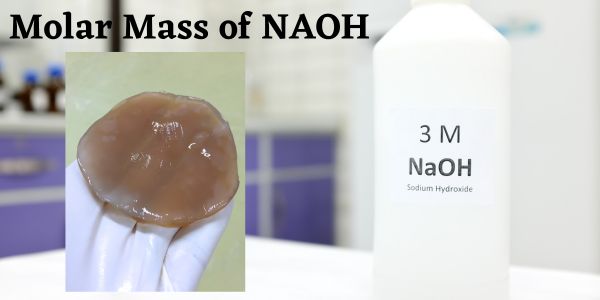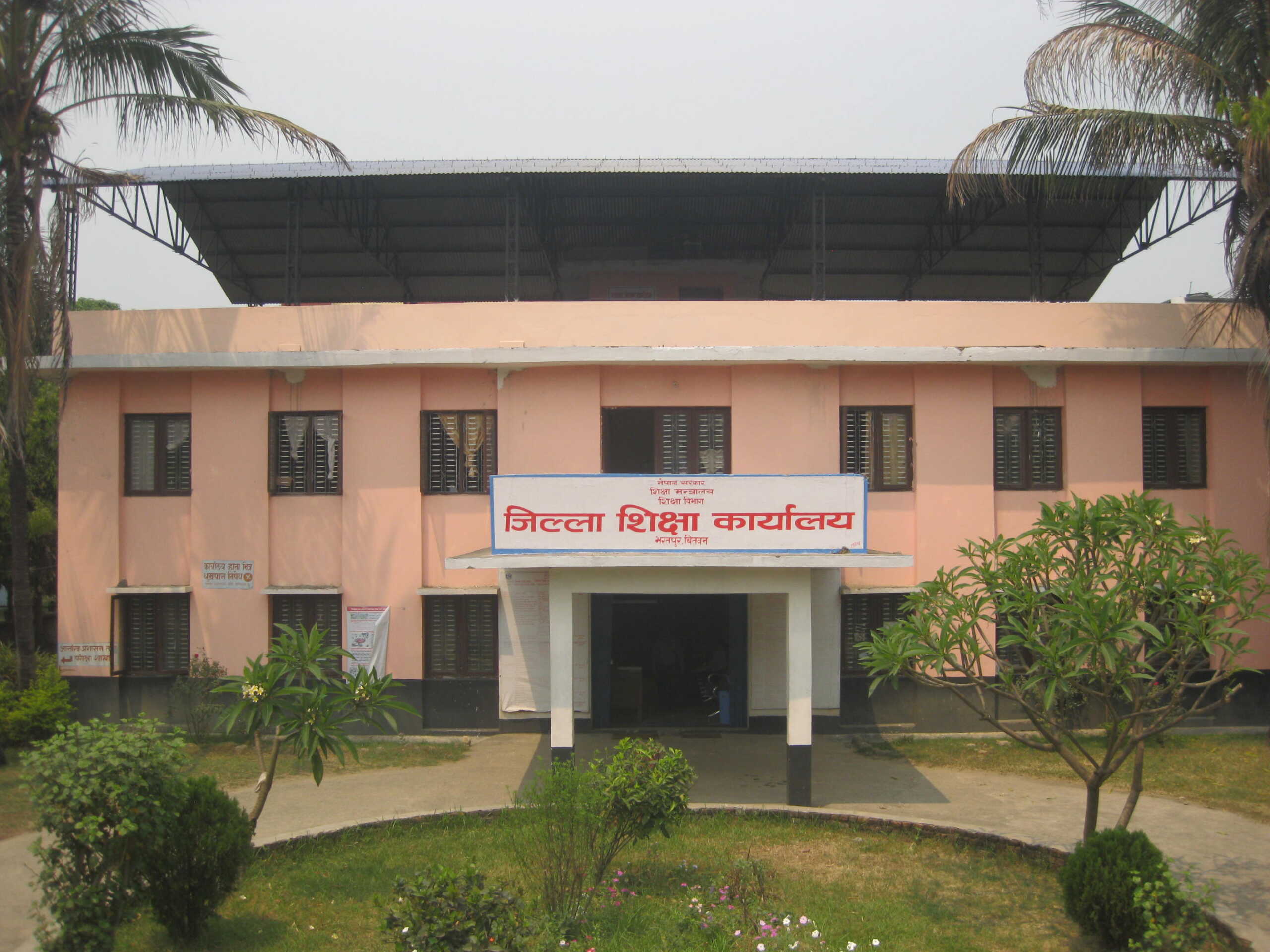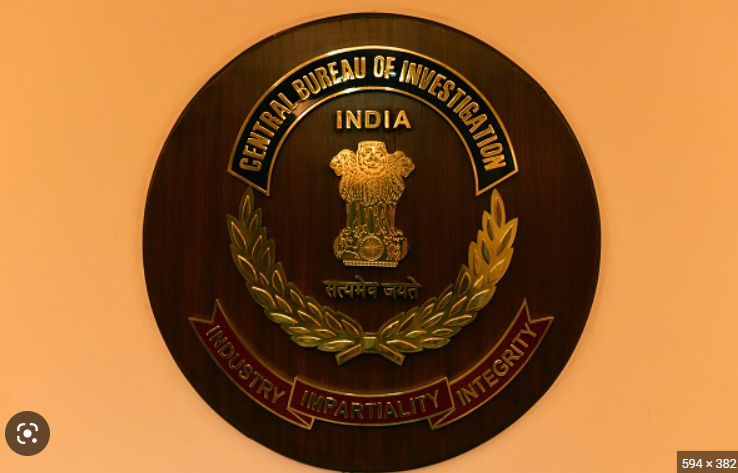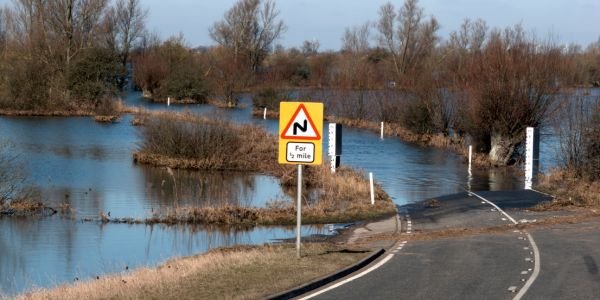Table of Contents
ED full form
The full form of the ED is “Enforcement Directorate”. It was established in 1988. Its main task is to investigate cases of money laundering and tax evasion.
ED has wide powers under the Prevention of Money Laundering Act (PMLA). It can search, arrest and seize property related to these crimes if it has reasonable grounds that they have been committed by any individual or group of people.
ED has the power to attach property, which means it can take control of any asset that may be related to a crime. This includes bank accounts, real estate, and jewelry. If the asset’s value is less than Rs 5 crore, ED can seize it immediately; if it’s more than this amount, it must file an application in court before doing so. A person can appeal against this decision within 60 days of being notified about the attachment order by ED.
What does ED do?
The Enforcement Directorate (ED) is a law enforcement agency in India responsible for enforcing certain economic laws and fighting financial crimes. It investigates and prosecutes cases of money laundering, foreign exchange violations, and other financial crimes, as well as cases of criminal misconduct by companies and individuals.

The ED is responsible for enforcing the Prevention of Money Laundering Act (PMLA) and the Foreign Exchange Management Act (FEMA) and also assists other investigation agencies like the Central Bureau of Investigation (CBI), and Narcotics Control Bureau (NCB) in their respective cases.
The ED’s authority also includes the power to attach and confiscate the proceeds of crime and the power to take action against those found guilty of economic offenses.
How does ED help protect the public?
The Enforcement Directorate (ED) in India helps protect the public by investigating and prosecuting financial crimes such as money laundering, foreign exchange violations, and other economic offenses.
The ED helps protect the public by ensuring that the proceeds of illegal activities are traced and confiscated. This way, criminals and corrupt individuals or organizations will not be able to use the proceeds of crime to further their illegal activities.
It also monitors and regulates foreign exchange transactions to prevent illegal activities like smuggling, drug trafficking, and terrorist financing. This way it helps protect the public by preventing illegal activities that could potentially harm the public.
The ED works in coordination with other law enforcement agencies to help protect the public and to achieve the larger goal of maintaining financial stability and integrity in the economy.
It also, through its power to attach properties of the accused, help protect the public by denying them the use of proceeds of crime. And also, taking action against those found guilty of economic offenses serves as a deterrent for others who might be considering committing similar crimes.
The Enforcement Directorate (ED) is a law enforcement agency in India responsible for enforcing certain economic laws and fighting financial crimes. It investigates and prosecutes cases of money laundering, foreign exchange violations, and other financial crimes, as well as cases of criminal misconduct by companies and individuals.
The ED also monitors and regulates foreign exchange transactions to prevent illegal activities like smuggling, drug trafficking, and terrorist financing. ED is an important law enforcement agency in India, and it plays a crucial role in protecting the public by ensuring that the proceeds of illegal activities are traced and confiscated, preventing illegal activities that could potentially harm the public, and ensuring financial stability and integrity in the economy.
Non-compliance with ED guidelines and regulations can lead to criminal charges, fines, imprisonment, and reputational damage. It is important for individuals and organizations to comply with ED guidelines and regulations to avoid these consequences and to help maintain a fair and just economic environment in India.
Also, read PWD full form






























